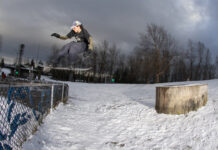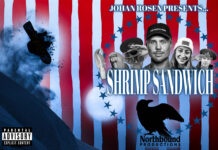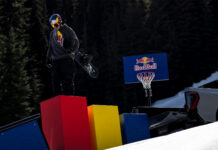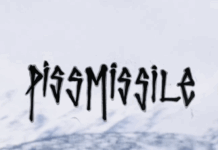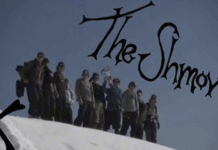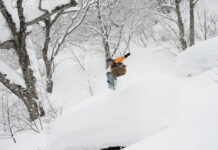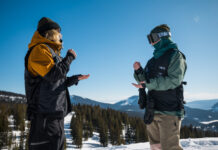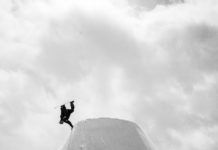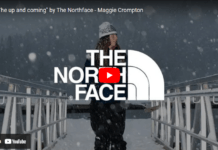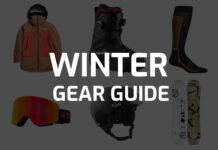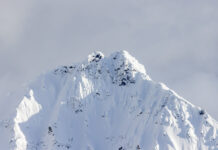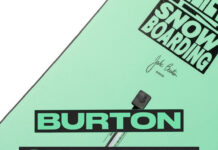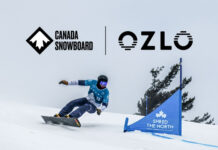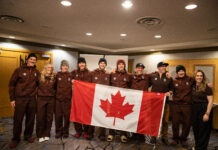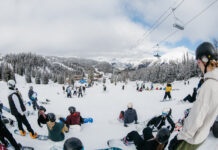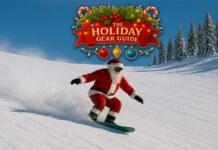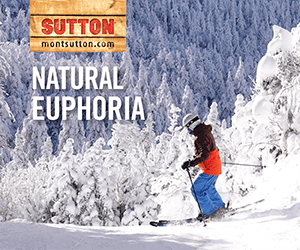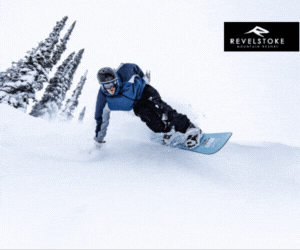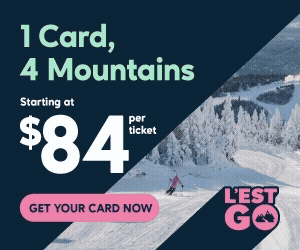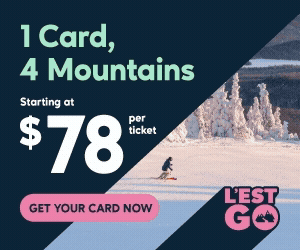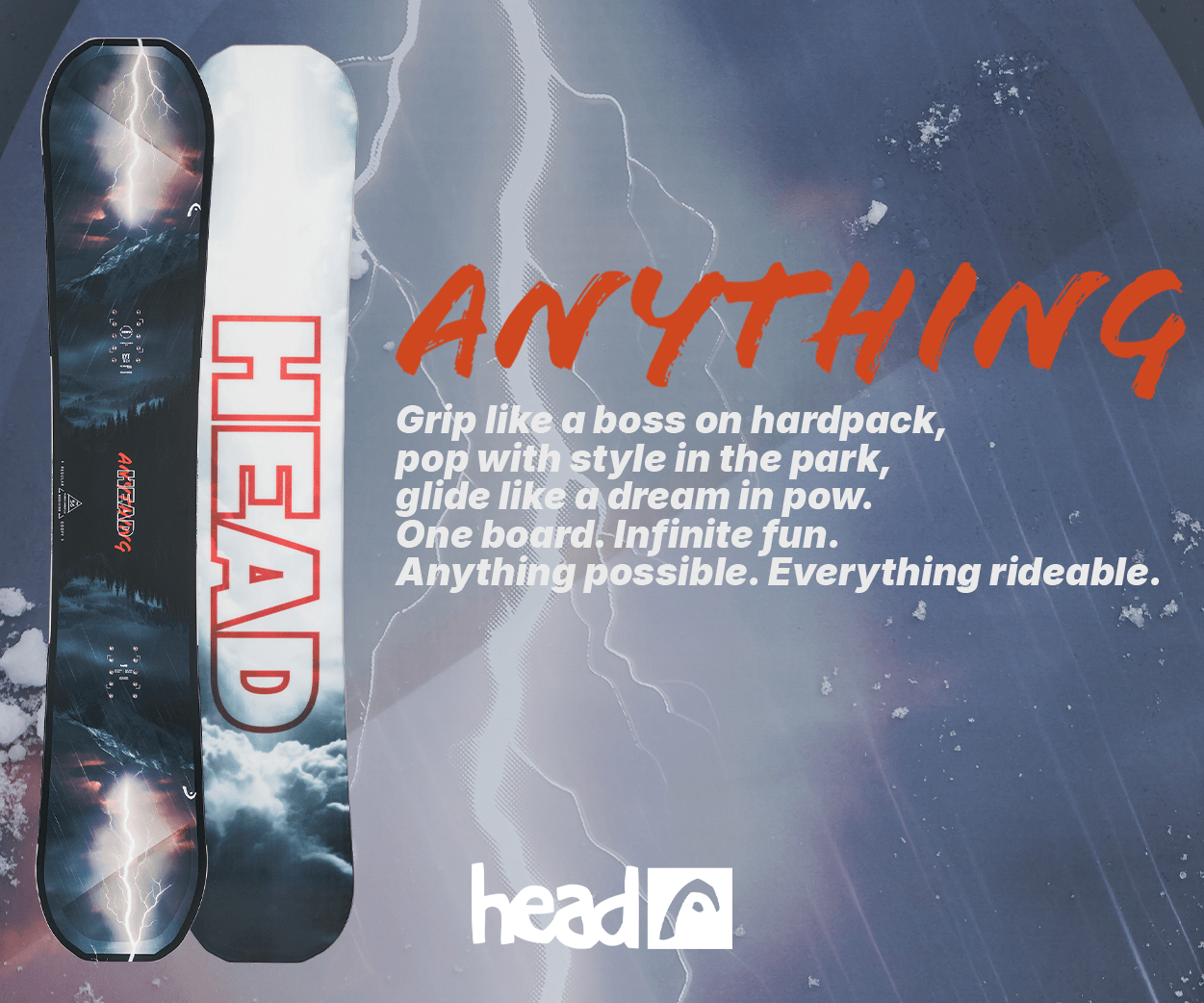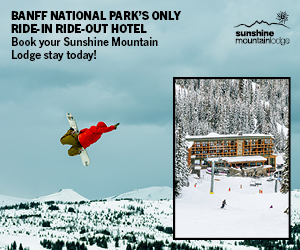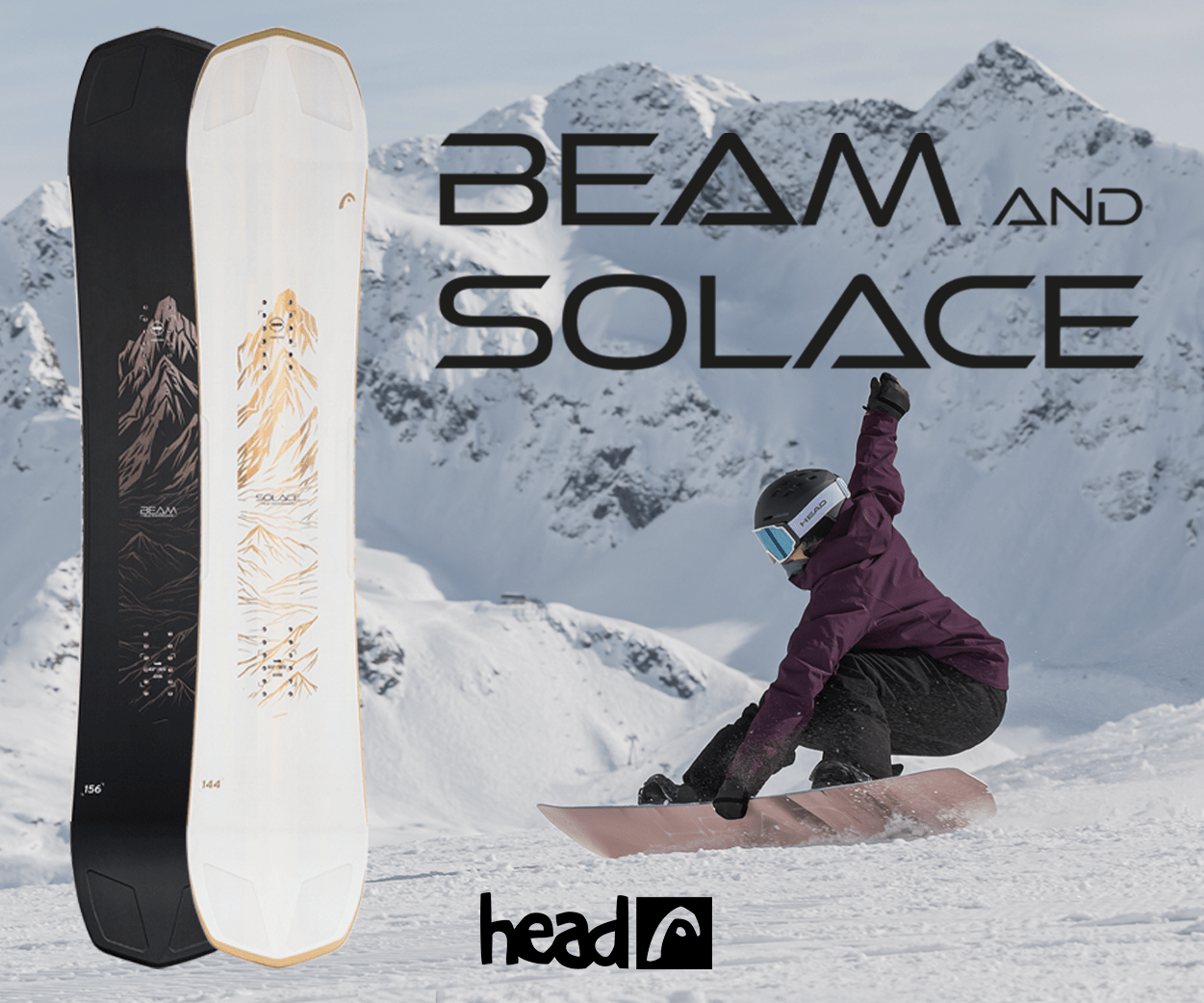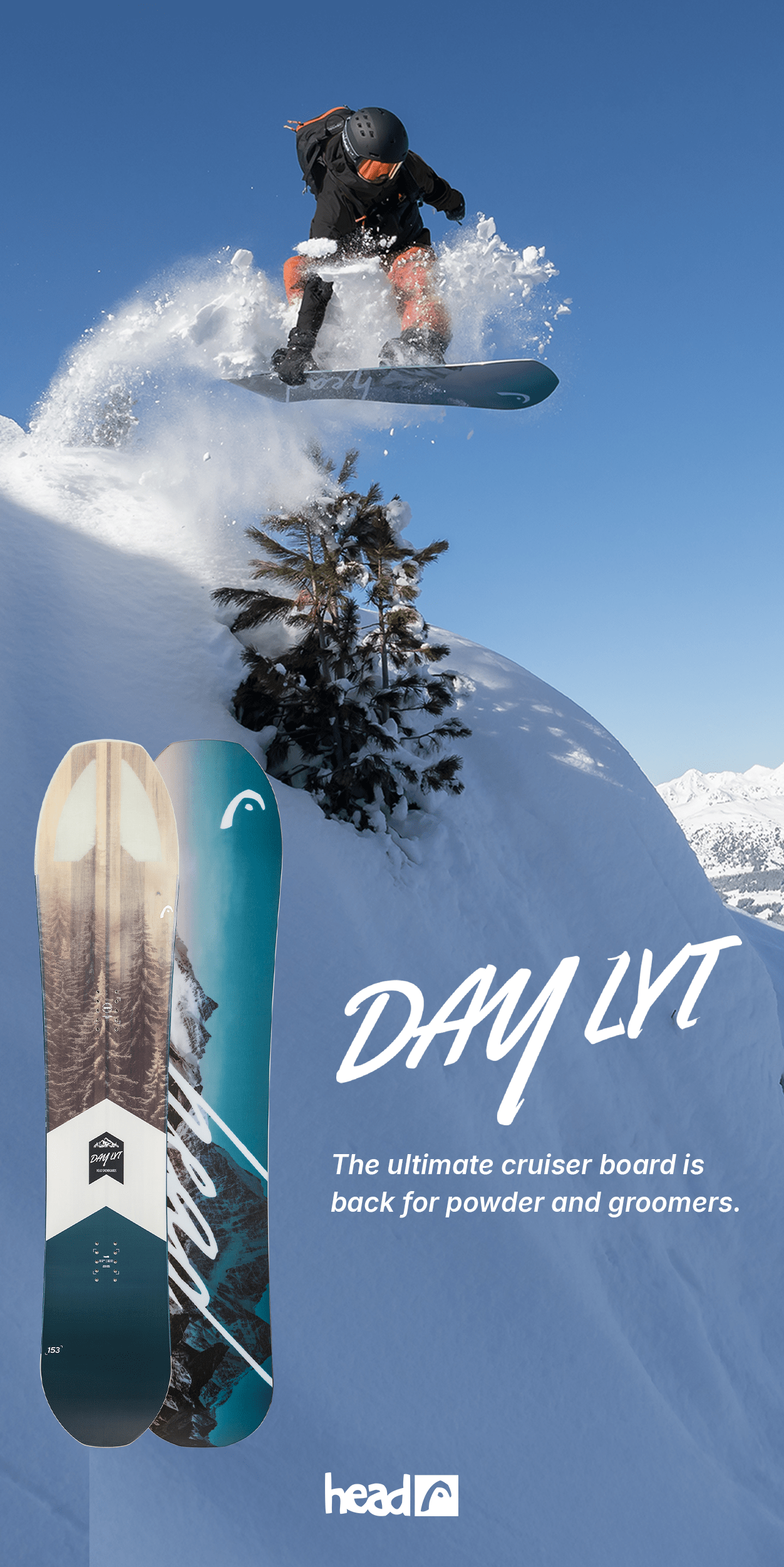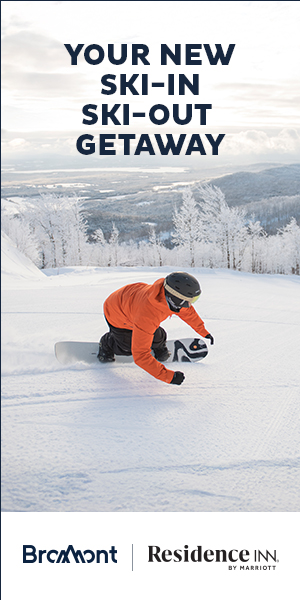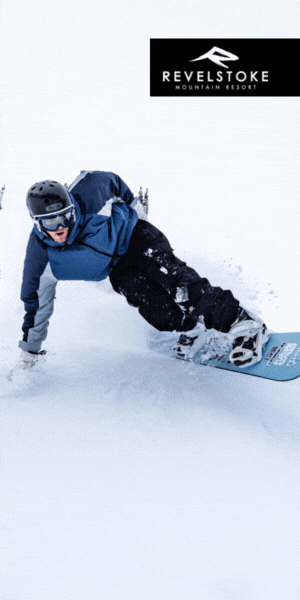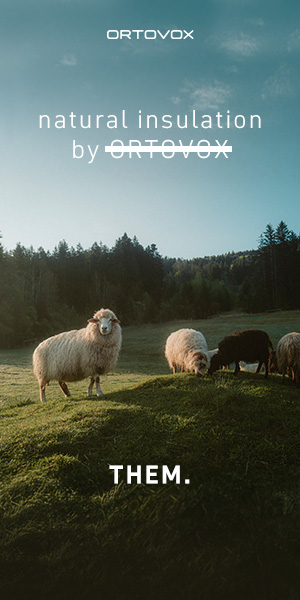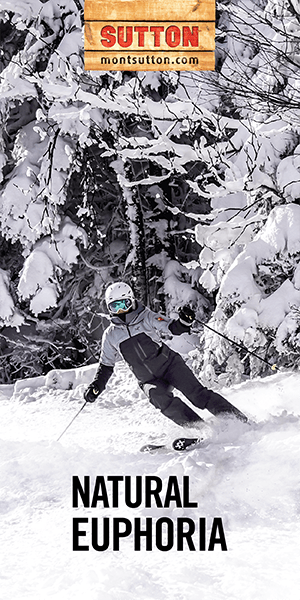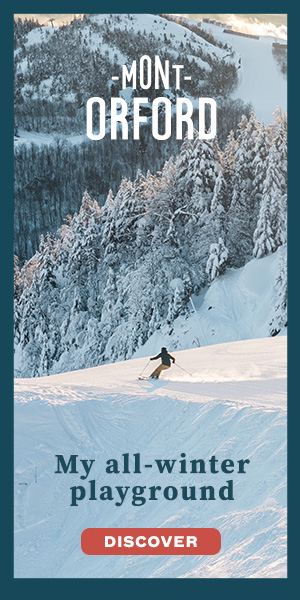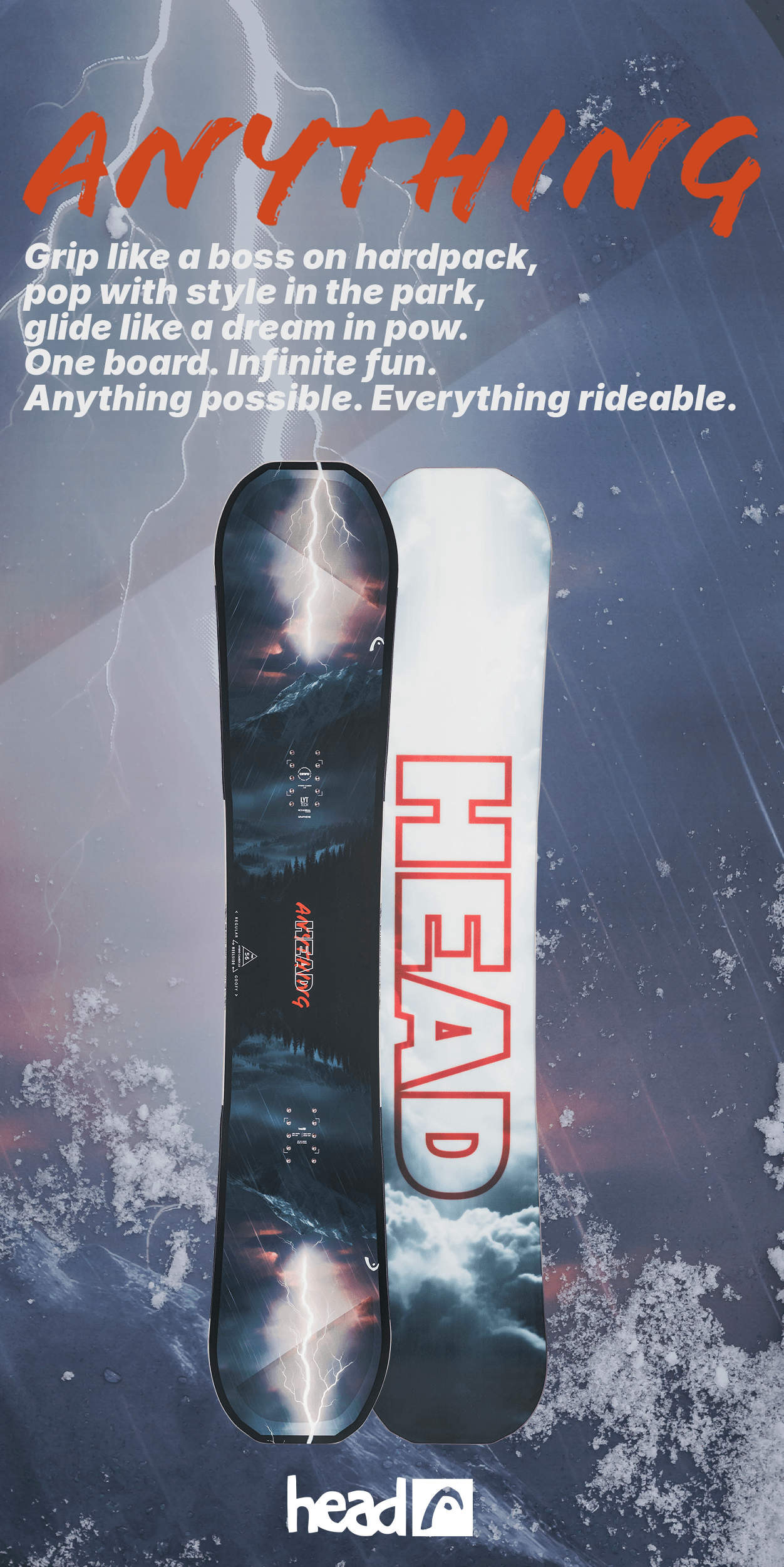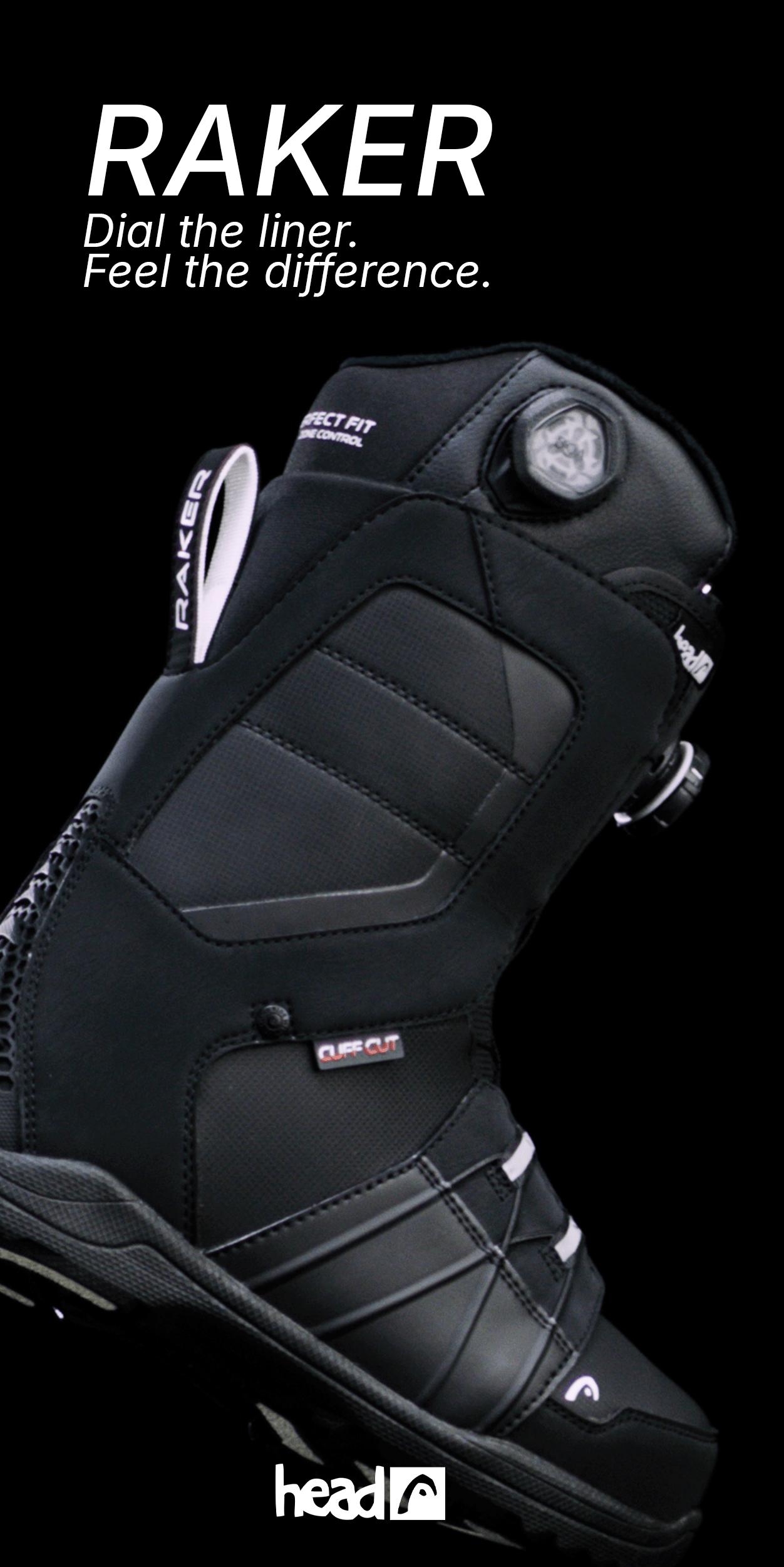By David MacKinnon
On any given day, it’s safe to assume Py Boivin and Cedric Landry are exploring the Whistler backcountry. The Quebec transplants are part of the new wave of west coast freeriders, a contingent of snowboarders whose sole focus is finding new lines throughout the Coast Mountains. Using snowmobiles, splitboards, and experience gained through years of exploration, Cedric and Py have come a long way from their east coast roots. They were good enough to give us insight into their program, on everything from freeride competitions to the camaraderie that’s essential to safely riding big mountains.
Been boarding?
Py: I was just hanging out in the Kootenays. I went for the Canadian Open freeride contest in Rossland, and did some sled skiing around Nelson and Ymir. Conditions weren’t the best, but the crew was there and the weather was nice so it was a good time.
Cedric: I’ve been hanging out in Pemberton and Whistler, trying to get some photos with Joel [Loverin] and Cam [Unger] and those guys. We need a reset, but there have been quite a few good days! So far so good!

Py, how was the competition?
Py: It was my first one, so I was probably the biggest rookie out there. But it was pretty fun, the vibe was great. Jeff, the head judge from the Freeride World Qualifier, is super into it. He’s a cool dude, he takes his time. He feels the vibe and puts everybody in a good state of mind. I’ve had buddies do freeride competitions before– I work with Laurent Gauthier, who was on the World Tour for years. He told me a lot about it and it sounded like a really good time, so I figured I’d give it a go. The only real difference between competing and what we usually do out in the backcountry is that you have to deal with whatever conditions there are on the day. Mother Nature decides whether it’s going to be a real party or if it will be like ‘Oh shit, we have to send it in some fucking moguls.’ I ended up qualifying second, then in the finals I crashed at the bottom. But I’ll probably do more events, it’s a good reason to travel around and see new places. For now I’ve got to do some work, try to make some money until the reset.

You’ve both mentioned the reset. Can you tell me about the process of working with the storms to choose when and where you’re gonna ride?
Cedric: There are a lot of factors, and it comes with experience. But over the years you start to tune into the weather and how it affects the snowpack. One of the biggest factors I pay attention to is wind– you have to know when the snow will be moved by the wind, and where it will go.
Py: Freezing level is another huge one. You have to know what zones are above and below that line. And you need to know what the surfaces were like before a storm– if an area was buffed, the new snow can just slide off and you’ll be dealing with high avalanche danger. If we’re ever unsure we start with small faces to feel things out.
Cedric: Sometimes it’s a gamble. We try to plan everything so we’re in the right place at the right time, but sometimes you can’t tell from the forecasts. Then, for me, it’s like ‘well let’s just go find out.’ The worst case scenario is you go and it’s not good, but as long as you’re making good decisions you still get to spend the day in the mountains.

How did you guys get into freeriding? A lot of riders who move west from Quebec focus on riding park or hitting jumps. You’ve both taken a different route.
Cedric: I started snowboarding when I was five at Mount Saint-Sauveur, and I’ve always lived for it. Like you say, back east there’s a lot of freestyle and park riding and I used to do that for sure, like I did the Shakedown and stuff back in the day. I actually moved to Whistler to ride park. But looking at magazines and stuff when I was a kid the big mountain stuff always seemed like a dream. Then I actually got into sledding randomly– I bought a truck and it came with a sled. I was gonna sell it, but first I decided to give it a try. Then I started meeting awesome people, and I was hooked.
Py: For me it was the big dream back home. I was doing the whole rail jam, big air thing– I loved the jumps, I never was a good jibber. But I was always the guy chasing the one pocket of pow at the resort. At a pretty young age I was dreaming of the backcountry, probably 15. In my head the only spot that had powder was Whistler Blackcomb, so that was the goal. When I finished school that was the goal in my yearbook– Whistler backcountry. I just wanted to get all the pow. When I came out, my car broke down in Lake Louise. I made it to Revelstoke by a miracle and got stuck there for a couple years, then met Dave Henkel and started shredding with him. Since then, fuck, it’s just been a lot of powder. It’s been a long learning curve, but it’s so much fun and it’s so interesting. It’s the best.

Does the reality of backcountry riding match your expectations? Does reality live up to what you pictured back home?
Py: It’s way past anything I could have imagined. The adventure that comes with it is huge– I didn’t even think about that back home. Half the fun is getting there. It’s exploring, finding the line, scoping it, camping out there, making it happen.
Cedric: Powder’s just a bonus. The more you go out there, the more time you spend, you realize that good snow, spines, stable faces, all that is just a bonus. The people you’re with, the time in the mountains, that’s everything. If you’re with a good crew and you all come back safe, it’s a good day.
Py: Exactly. You’re surrounded by your friends, you’re laughing all day. It takes years to find the right crew, but when you do it’s precious. Like now, I could never leave Whistler. It would take ten years to find a crew like we have here, if I could at all.
Cedric: And it’s not just about sharing the good times. With big mountain riding, the more I learn the more I realize that listening to your gut feelings is so important– with the right people, you can speak up and say when something doesn’t feel right. Sometimes you don’t even have to, they can just tell. And with our crew there’s no second guessing, no pressure, just ‘Oh you’re not feeling right about it? Let’s turn around.’ That’s what keeps people alive.

What gives you the gut feeling that something’s wrong?
Cedric: Well it’s funny, you have to learn the different between fear and the feeling that something’s wrong. It’s something trying to say ‘you should get the fuck out of here’. Sometimes I go with friends who aren’t used to exposure or picking lines in big terrain. When you’re new to it, some of the terrain looks impossible to ride, and fear keeps you off the lines. But that’s different than the mountain telling you not to be there. Like if I’m bootpacking up some couloir and rocks or snowballs are coming down, or if I’m traversing and the snow is wind affected, that’s the mountain telling us she doesn’t want us there and it’s time to turn around.
Py: We all trust each other, and we’re all sharing the responsibility of noticing when something’s wrong. If Cedric sees something I don’t, because I trust him I take it seriously and I rethink my decisions. We can always come back.
Shoutouts to Joel Loverin, Dave Henkel, Cam Unger, Taylor Godber, Joe Lax, Chris Ankeny, Dave Basterrechea, Brad Slack, and Phil Johnson.












